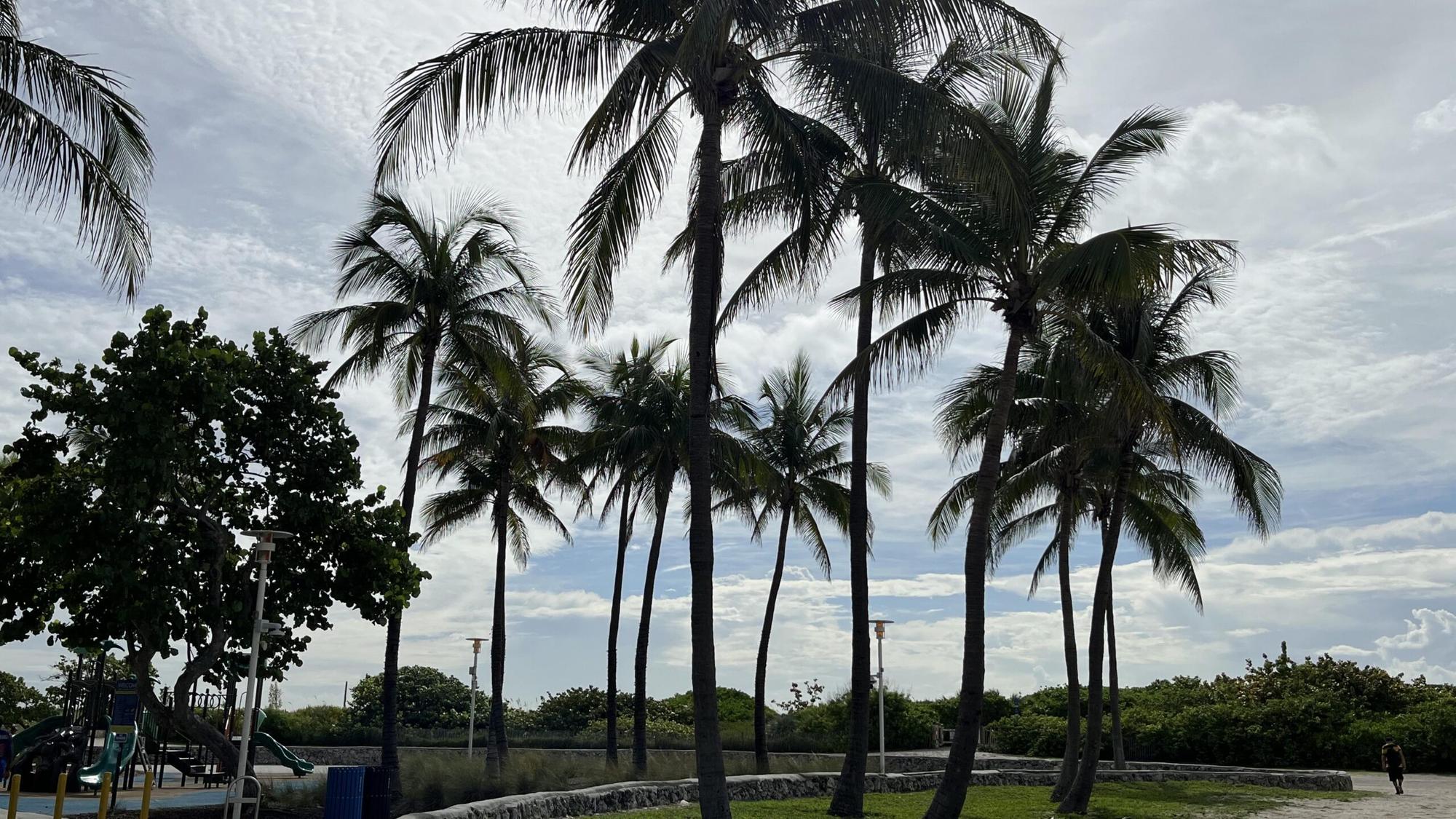As the demand for medical cannabis continues to rise in Florida, dispensaries are increasingly offering delivery services to meet patient needs. While Sunny Isles doesn’t have any dispensaries itself, neighboring cities are expanding their footprint and accessibility of products to patients, but it also introduces a unique set of challenges to ensure compliance, safety, and efficiency.
1. Regulatory Compliance and Licensing
Florida’s cannabis industry operates under stringent regulations. Dispensaries must obtain a Medical Marijuana Treatment Center (MMTC) license, which requires vertical integration—meaning they must handle cultivation, processing, and dispensing. This structure complicates the delivery aspect, as each step, from order placement to delivery, must adhere to state guidelines. Ensuring that delivery personnel are trained in compliance and that all transactions are meticulously documented is essential to avoid legal pitfalls.
2. Safety Concerns for Delivery Personnel
Delivery drivers often carry valuable products and, due to banking restrictions, significant amounts of cash. This combination makes them potential targets for theft. Implementing safety measures such as GPS tracking, secure cash handling procedures, and discreet delivery methods can mitigate risks. Additionally, fostering relationships with local law enforcement can provide an added layer of security.
3. Technological Integration and Logistics
Efficient delivery requires robust technological infrastructure. Dispensaries must invest in reliable e-commerce platforms that can handle order processing, inventory management, and real-time tracking. Integrating these systems ensures that patients receive timely updates and that inventory levels are accurately maintained. Moreover, route optimization tools can enhance delivery efficiency, especially in densely populated areas with heavy traffic.
4. Banking and Financial Constraints
Despite state-level legalization, cannabis remains federally illegal, leading many financial institutions to shy away from servicing cannabis businesses. This results in a reliance on cash transactions, complicating payroll, vendor payments, and daily operations. Some banks, like Herring Bank, have begun offering specialized services to cannabis businesses, but options remain limited. Dispensaries must navigate these financial hurdles carefully to maintain operational stability.
5. Market Competition and Customer Expectations
The cannabis delivery market in Florida is becoming increasingly competitive. Dispensaries must differentiate themselves by offering exceptional customer service, diverse product selections, and reliable delivery times. Building a loyal customer base requires consistent quality and responsiveness to patient needs, which can be challenging amidst logistical and regulatory constraints.
Conclusion
Offering delivery services to Sunny Isles and surrounding cities presents dispensaries with a complex landscape of regulatory, logistical, and fin
ancial challenges. By investing in technology, prioritizing safety, ensuring compliance, and focusing on customer satisfaction, dispensaries can overcome these hurdles and provide valuable services to the community. As the industry evolves, adaptability and proactive problem-solving will be key to sustaining and growing delivery operations.
Related Article: How Safe Is Cannabis Delivery? A Look at Security, Compliance, and Privacy







